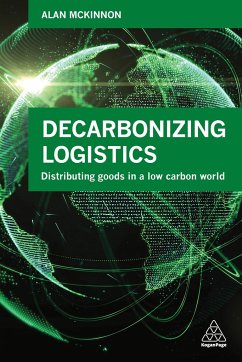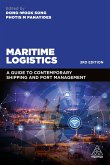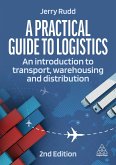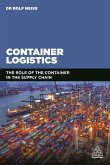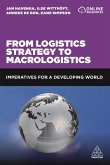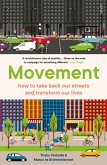Alan McKinnon is Professor of Logistics at Kühne Logistics University, Hamburg. He has been researching and teaching freight transport and logistics for almost forty years and has published extensively in journals and books. He was a member of the European Commission's High Level Group on Logistics, Chairman of the World Economic Forum's Logistics and Supply Chain Industry Council and a lead author of the transport chapter of the Intergovernmental Panel on Climate Change's fifth assessment report. He has spent many years researching the links between logistics and climate change and been an adviser to governments, international organizations and companies on this topic.
Chapter
01: Climate change: the nature and scale of the challenge; Chapter
02: Developing a decarbonisation strategy for logistics; Chapter
03: Reducing freight transport intensity; Chapter
04: Shifting freight to lower carbon transport modes; Chapter
05: Improving asset utilisation in logistics; Chapter
06: Transforming energy use in road freight transport; Chapter
07: Transforming energy use in maritime, air cargo and rail freight sectors; Chapter
08: Decarbonising logistics at the national level: the case of the united kingdom;
- Chapter - 01: Climate change: the nature and scale of the challenge;
- Chapter - 02: Developing a decarbonisation strategy for logistics;
- Chapter - 03: Reducing freight transport intensity;
- Chapter - 04: Shifting freight to lower carbon transport modes;
- Chapter - 05: Improving asset utilisation in logistics;
- Chapter - 06: Transforming energy use in road freight transport;
- Chapter - 07: Transforming energy use in maritime, air cargo and rail freight sectors;
- Chapter - 08: Decarbonising logistics at the national level: the case of the united kingdom;

